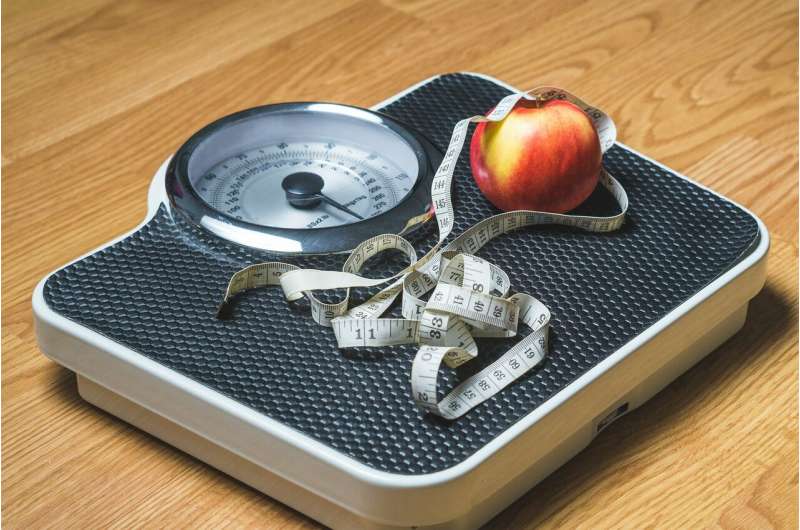Experts Warn that Many Over-the-Counter Health Tests Are Inadequate and Require Stricter Regulation

Studies reveal many over-the-counter health self-tests in the UK are unsafe and unreliable, calling for stricter regulation to protect consumers and healthcare systems.
Recent studies published in The BMJ highlight significant concerns regarding the safety, accuracy, and regulatory oversight of over-the-counter health self-tests available across the UK. These tests, which cover conditions such as vitamin D deficiency, blood sugar levels, thyroid function, prostate health, HIV, menopause, and bowel cancer, are increasingly popular among consumers seeking quick health assessments. However, a review of 30 self-test kits purchased from local supermarkets, pharmacies, and health shops revealed that many lack essential information like the intended use, interpretation guidance, and follow-up actions. Only a minority of these tests provided details about their accuracy or indications of who should or should not use them, raising risks of misinterpretation and inappropriate healthcare decisions.
While most tests recommend consulting a healthcare professional if results are abnormal, many make unsubstantiated performance claims, with over half claiming 98% accuracy or higher—claims often unsupported by publicly available evidence or of questionable quality. The researchers classified about 60% of these tests as high-risk due to concerns over the testing process and interpretation of results. Notably, issues were most prominent in products from Newfoundland and Suresign, including various menopause, kidney, vitamin D, and thyroid tests.
The study’s authors emphasize the urgent need for coherent guidance and stricter regulation to protect consumers and healthcare systems. Poor quality or misleading tests can cause harm, lead to unnecessary procedures, or provide false reassurance. They advocate for high standards, transparent evidence, and improved oversight to ensure self-tests are safe, effective, and supported by clear instructions.
Healthcare professionals warn that the proliferation of low-quality tests increases the likelihood of false reassurance or unnecessary anxiety, which can burden the NHS with avoidable follow-up procedures. As the market continues to expand—with the number of available self-tests doubling in a year—regulators like the UK’s MHRA are urged to update policies to better scrutinize these products.
In conclusion, while self-testing offers potential benefits for public health by empowering individuals, these must not come at the cost of safety or accuracy. Effective regulation, trustworthy information, and a framework for follow-up are essential to harness the benefits of self-tests without compromising patient safety.
Stay Updated with Mia's Feed
Get the latest health & wellness insights delivered straight to your inbox.
Related Articles
Why Avoiding Alcohol Is Crucial for Injury Recovery
Discover why abstaining from alcohol is essential for effective injury recovery. Learn how alcohol hampers immune function, muscle rebuilding, and healing processes to ensure a faster, safer return to health.
Lab-Grown 'Tiny Hearts' Offer New Hope for Heart Disease Patients
Innovative lab-grown heart tissues, or cardiac organoids, mimic adult human heart muscle and hold promise for advancing drug testing and treatment for genetic and acquired heart conditions in both children and adults.
Weight Loss Program Improves Eating Disorder Symptoms in At-Risk Individuals with Type 2 Diabetes
A groundbreaking study reveals that a low-energy diet combined with behavioral support can significantly reduce eating disorder symptoms in people with type 2 diabetes, offering a safe and effective treatment option.
New Method Uses DNA Methylation to Accurately Predict Chronological Age Within 1.36 Years
A groundbreaking study from Hebrew University introduces a method to determine chronological age with remarkable precision using DNA methylation patterns, opening new horizons in medicine, forensics, and aging research.



